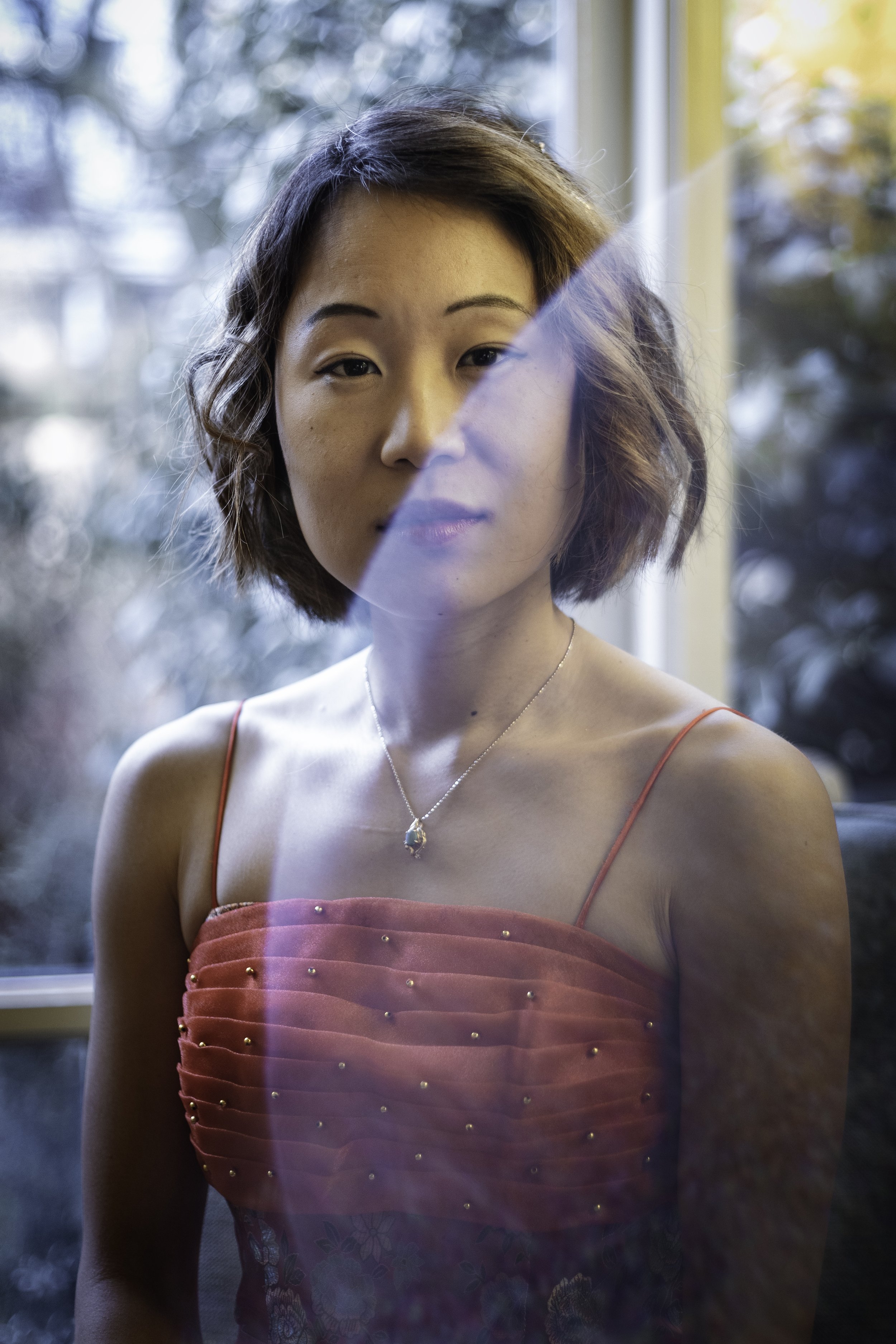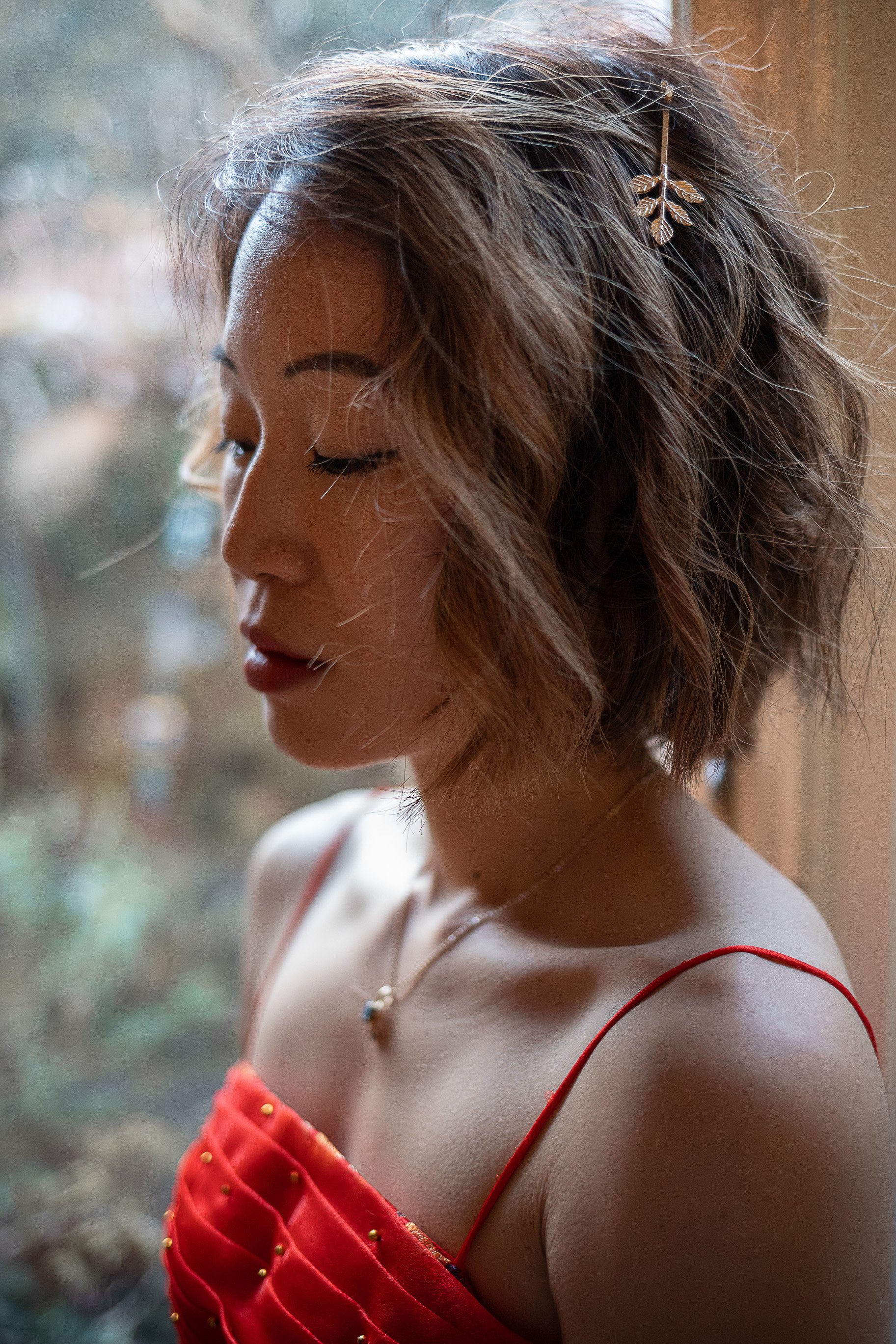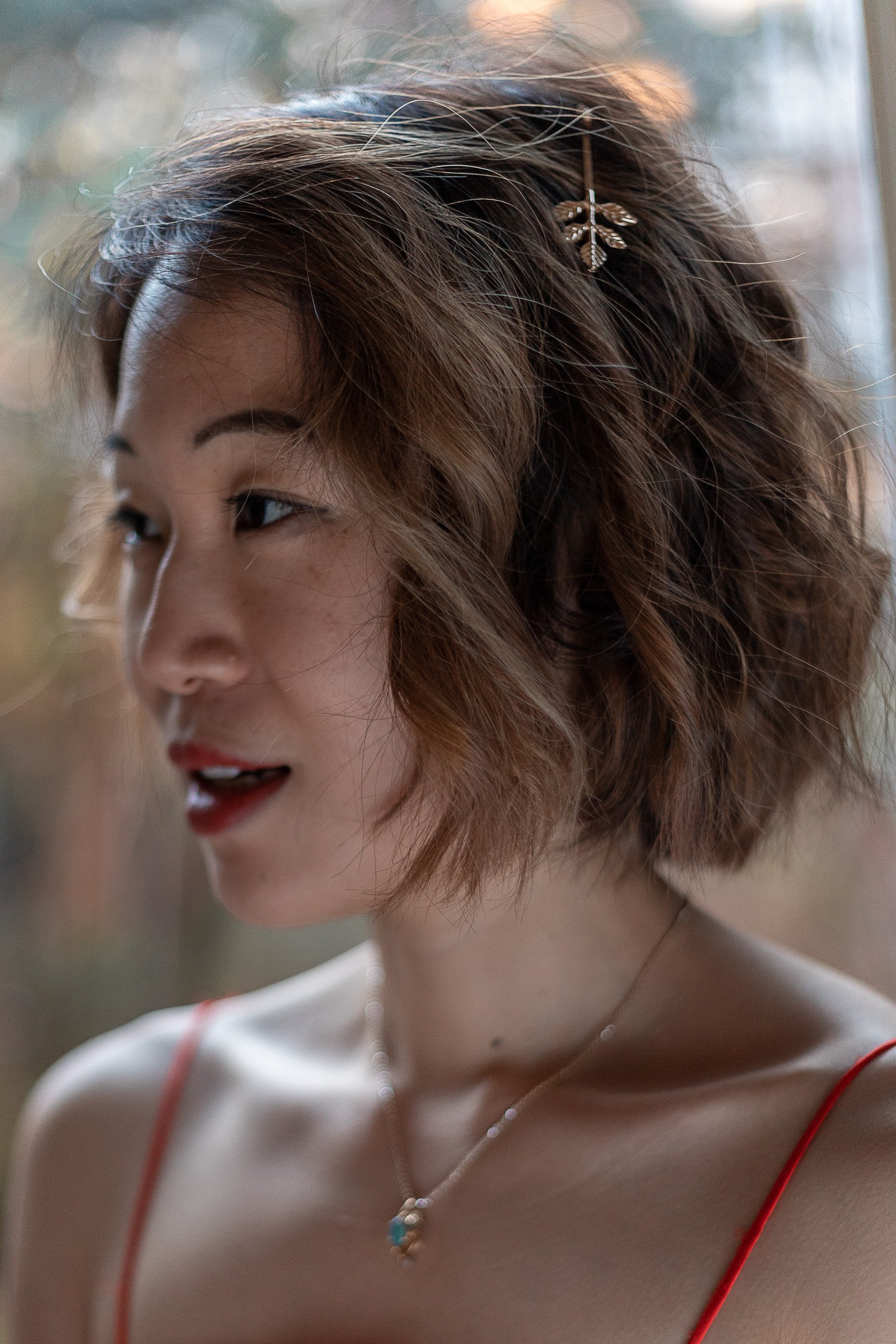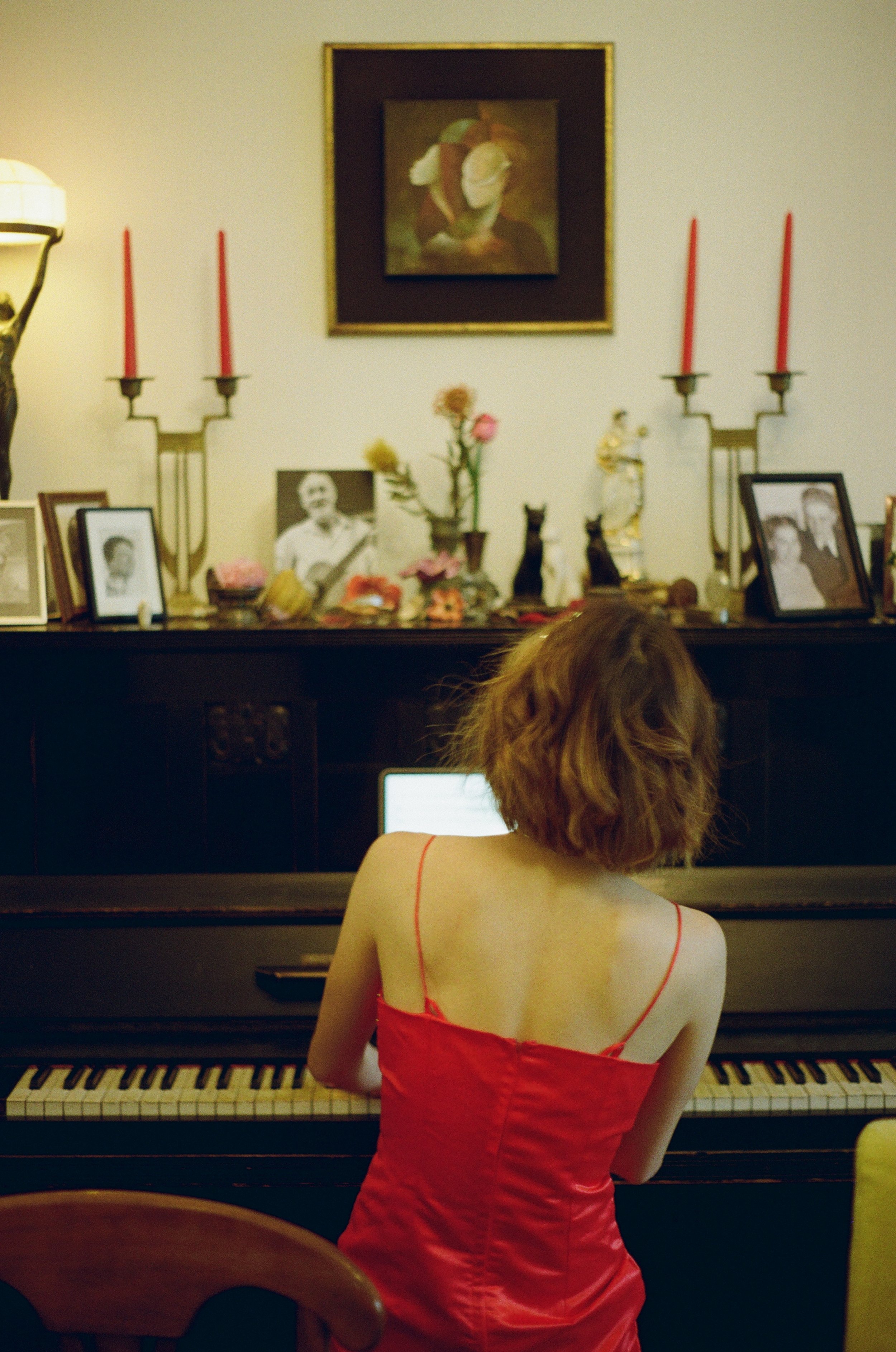Finding, imagining, or idealizing our cultural roots?
老家。
“Old home,” in Chinese. The place you came from.
That sense of nostalgia, sense of rootedness, yearning, longing. Longing for some kind of return, belonging, connection to something larger, ancient, timeless.
Many composers, artists, humans in general speak of this urge at some point of adulthood to wonder more about where we came from. The desire to learn, understand, remember our cultural ‘roots’. The place, the people, the land - histories, stories, generations of tales and legacies. The lineage of our heritage. Perhaps a sense of duty? Perhaps a desire to solidify some kind of identity. To have something so-called ‘personal’ and ‘real’ or ‘authentic’, ‘unique’, ‘distinctive’, to honour, voice, represent.
So we turn to our parents’ stories, our grandparents’ childhoods, our ancestor’s myths.
They’re beautiful, moving, wise. And even if idealized or romanticized, valid in their mysterious ways to empower us.
Perhaps that’s fine. That’s all. Be grateful, and receive the gifts. With humility. Always with humility. No one story is ours exclusively to tell. But perhaps we can facilitate some kind of collective listening. To let memories shift, blur, morph, transform into deeper parts of ourselves, our shared humanity, more than any ‘truths’ or details.
So we turn to our parents’ stories.
Here are the questions I asked my mom and dad in preparation for commissioning Alice Ho’s “Four Impressions of China”. As grateful as I am for the music, I am equally grateful for the opportunity to catch even just a glimpse of the lives that my parents have lived in another life, country, era. They say you have to be there to know. But what if there is no longer there to be?
So we turn to, again, a musical fairy tale.
Interview with Wei Wang
Which city were you born in?
Karamay, Xinjiang, China
Which city did you grow up in?
A small town called Dayandang, in Lilian, Changde, Hunan, China
What does the city look like? Any important landmarks?
From my memories, it was beautiful and quiet. It sits beside a river with mountains surrounds it. 依山傍水
东汉建安二十四年(219年),吴将周泰在境内涔河修筑拦河平水大坝(垱),形成大堰垱,引水灌溉澧阳平原,境名由此而得。 [4]
记忆中的青石板铺就的小镇是美丽的,就好似水中的一条大坝静静地伫立着!不远处的茶山和桔子林, 还有金灿灿的油菜花都是我记忆中最美丽的画面。
What does the city smell like? Any important foods?
In spring it can smell fresh tea tree leaves. In autumn , it smelled orange in the air.
小时候最喜欢的早餐是常德米粉和碗儿糕。 碗儿糕香甜的气息常常弥漫在整个小镇。菱角也是我最喜欢的零食之一。
What does the city feel like? (Hot, cold, dry, humid, fresh, polluted, welcoming, busy, quiet?)
It is hot in summer and humid and feels cold in winter. It used to be quiet , but busy right now. Yes, it is polluted these days.
What does city sound like? (Nature, traffic, people, loud or quiet, any folk music or radio or singing/dancing?)
I haven’t been back in 25years. I don’t know what it sound like recently. My grandparents and my auntie and uncle passed away. No families left there any more. The local opera is Huaguxi.
我记忆中的小镇已经消失, 曾经的水乡已不见踪影!记忆中的青石板铺就的安静小巷已经变成宽阔的水泥大道,商铺楼房林立的闹市!曾经的给我美好记忆的参天大树变成了一根根丑陋的电线杆!以往美丽清澈的芩河也变的浑浊!
Describe your favorite childhood memory.
My grandma will put bamboo bed outdoor after dinner, and we lied down on the bamboo bed and looked at the stars in the sky and my grandma, sometimes my auntie, told stories. That’s the best time in my memories.
Do you have a favorite childhood song? (Provide video link if you can find it).
What were your most memorable parts about the city? (People, nature, buildings, smells, etc.)
The river in front of our house. I remember spent lots of time playing in the river while my grandma washed clothes there. The hills with oranges trees and tea trees are all my favourite part. I love the smells of tea tree leaves!
Any other special experiences or events you remember?
Chinese New Year is my another favourite experiences. I enjoyed playing the fireworks with other children at night, and hold a small lantern running in the street with other kids . Best food, new clothes, and red envelopes with money inside! Visited families and friends from door to door! Lots of candies and deserts! Lion dances and huaguxi came to our door! I remembered One New Year day, I was still in bed sleeping. I woke up by loud music and a lion jumped in my bed. I was shocked first and then got excited! The lion danced in my bedrooms for couple of minutes and left. That was my best memories!
Interview with Mingming Wang
Which city were you born in?
Yixiken Township, Huma County, Heilongjiang Province, China
Which city did you grow up in?
Sanka Township, Huma County, Heilongjiang Province, China (1968-1978)
What does the city look like? Any important landmarks?
Small town beside Heilongjiang River. On the border between China and Russia which is divided by middle line of Heilongjiang River
What does the city smell like? Any important foods?
Agriculture place. Table delicacies from the mountains and rivers
What does the city feel like? (Hot, cold, dry, humid, fresh, polluted, welcoming, busy, quiet?)
Cold-Humid-Fresh-Quiet
What does city sound like? (Nature, traffic, people, loud or quiet, any folk music or radio or singing/dancing?)
Nature with many minor nation people (my family is the major nation – Han)
Describe your favorite childhood memory.
Fishing in Heilongjiang River and Collecting edible tree fungus in the mountains
Do you have a favorite childhood song? (Provide video link if you can find it).
Country songs, like:
What were your most memorable parts about the city? (People, nature, buildings, smells, etc.)
Nature of rivers, Agriculture lands, and mountains (eastern end of Daxinganling Mountains)
Any other special experiences or events you remember?
During studying in my junior high school: helping to build new school buildings, Feeding the pigs for school to make money, helping the villages to maintain the planting lands……
Finally, as always - thank you Mom and Dad, everyday, for paving the path for me to do what I love.
All my relations,
通通




